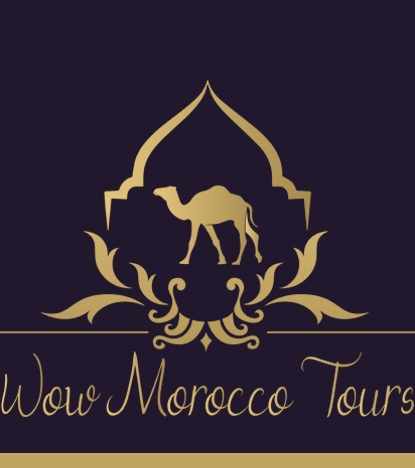
15 Essential Things to Know Before Going to Morocco (2025 Guide)
Morocco is a country of contrasts—golden deserts meet snow-capped mountains, bustling souks stand beside serene riads, and centuries-old traditions blend with modern city life. For first-time visitors, the experience can be overwhelming if you don’t know what to expect. From cultural etiquette and transportation tips to the art of haggling and must-know local customs, here are 15 essential things to know before going to Morocco to make your trip smooth, immersive, and unforgettable.
1. Plan Your Itinerary with Flexibility
When crafting your Morocco itinerary, keep in mind that flexibility is key. While researching must-visit destinations like Marrakech, Fez, Chefchaouen, or the Sahara Desert is important, the real magic of Morocco often lies in spontaneous experiences—such as stumbling upon a hidden artisan workshop or joining locals for mint tea in a small village. Tours and excursions (like camel treks in Merzouga or day trips to Essaouira) can usually be booked upon arrival, often at a better price than online. Leave room in your schedule for unplanned adventures.
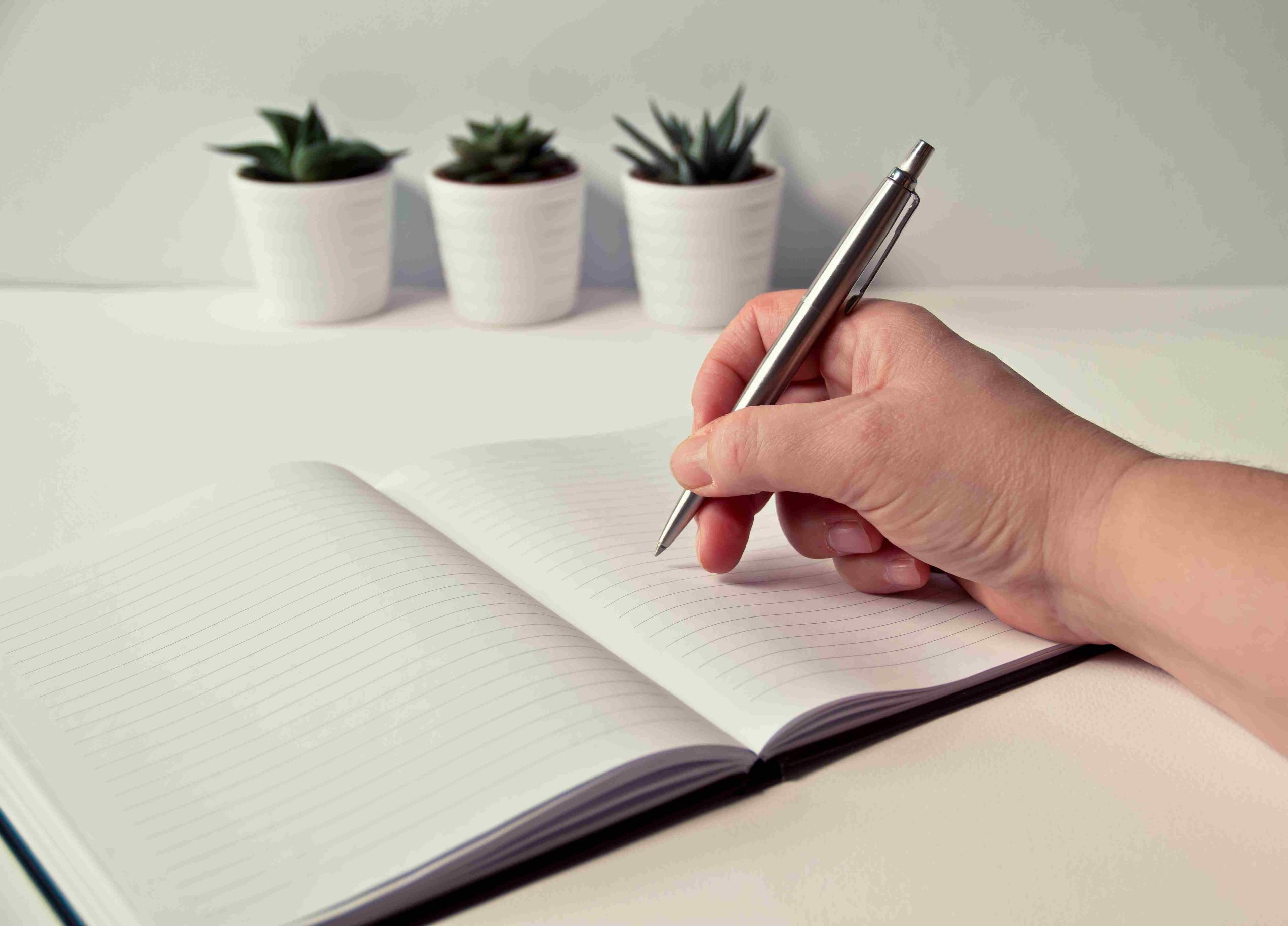
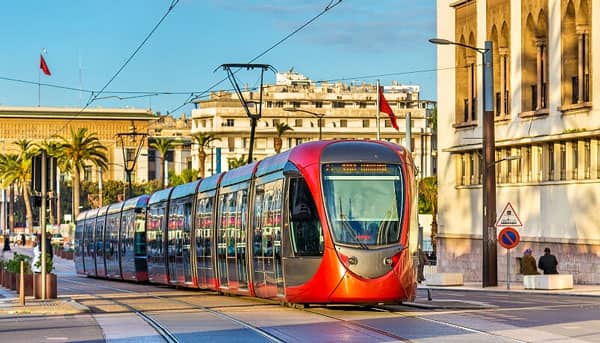
2. Use Public Transport and Avoid Driving in Cities
Morocco has an efficient and affordable public transportation system, making it unnecessary to rent a car, especially in big cities. Al Boraq, Africa’s first high-speed train, links Casablanca and Tangier in just 2 hours. Comfortable and reliable buses like CTM and Supratours connect major towns and tourist destinations. If you’re visiting the medinas, taxis or even walking are often more convenient than navigating traffic. Driving in Morocco’s chaotic urban centers—especially Marrakech or Casablanca—is best left to locals due to unpredictable traffic and parking challenges.
3. Hire Licensed Professional Guides
A knowledgeable guide can transform your trip into a cultural and historical journey. Official, licensed guides can provide fascinating insights into Morocco’s rich history, architecture, and traditions. For example, exploring Fez’s intricate medina with a guide ensures you won’t miss hidden landmarks or authentic artisan workshops. For outdoor adventures, certified hiking guides are mandatory for climbs like Mount Toubkal. Similarly, for surfing in Taghazout or Essaouira, booking with an ISA-certified instructor guarantees both safety and a better learning experience.
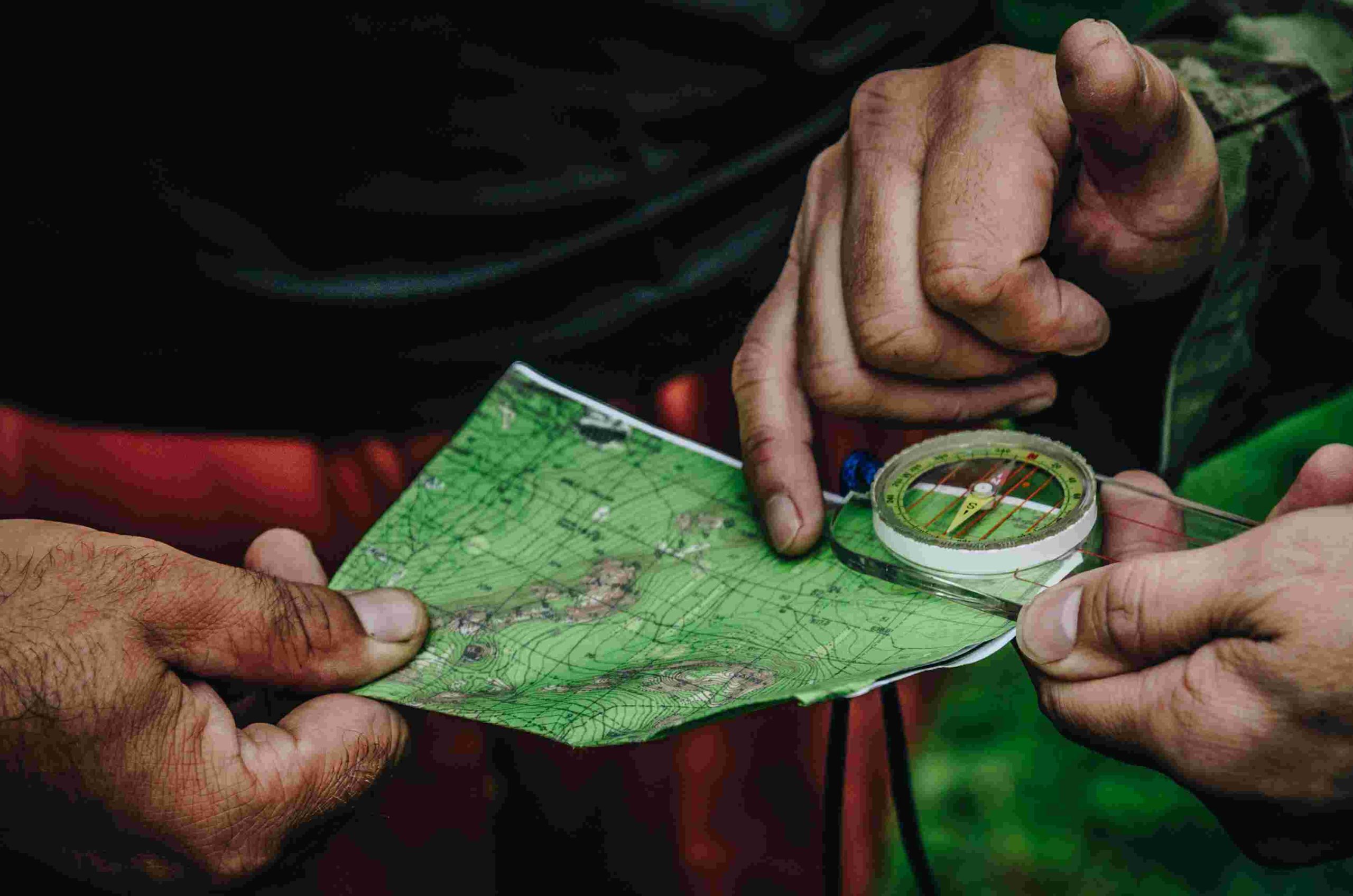
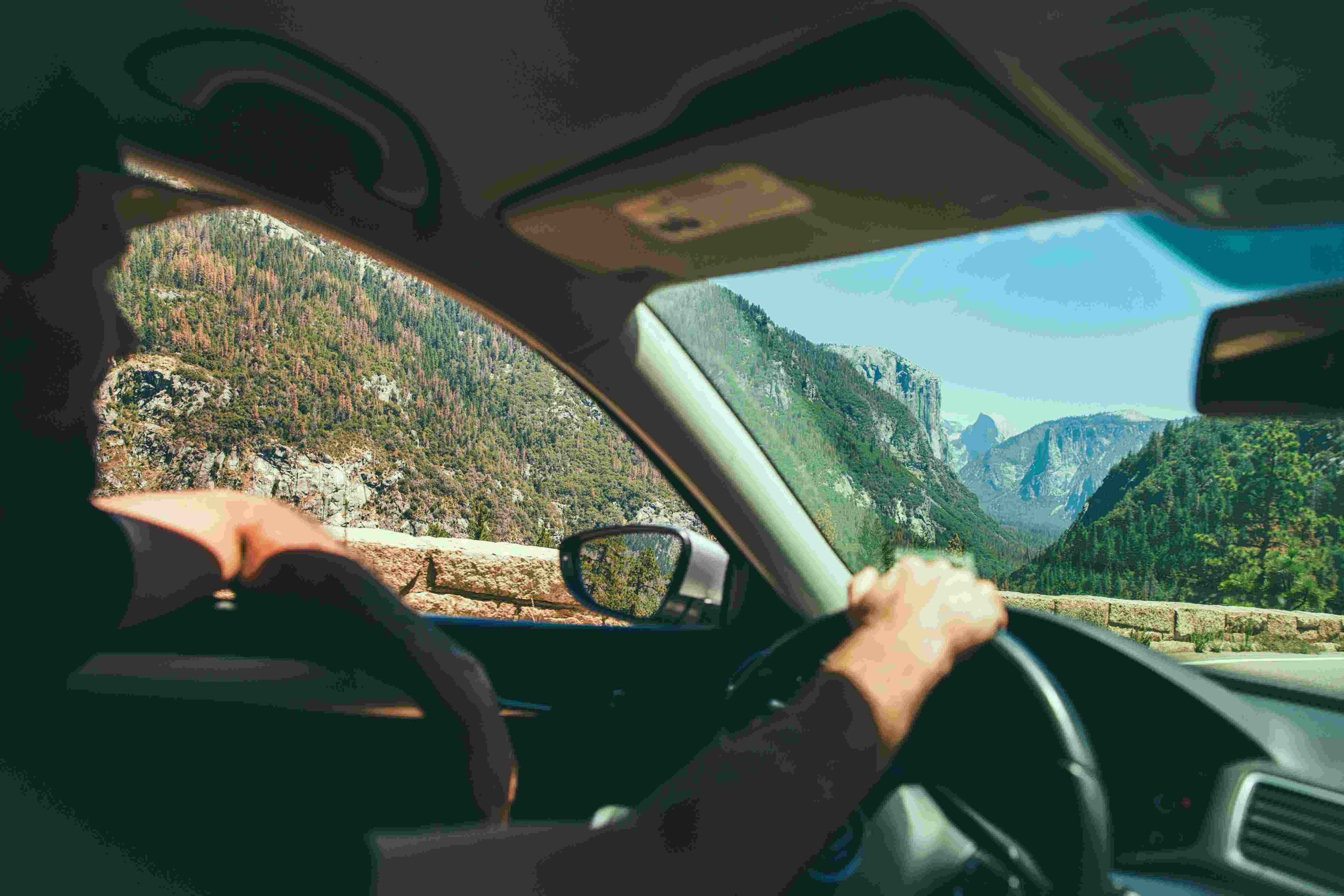
4. Understand Morocco’s Driving Rules
If you plan to rent a car for road trips (such as driving through the Atlas Mountains or coastal routes), learn the rules of the road. You drive on the right-hand side, and seatbelts are required. Speed limits are enforced strictly, with frequent police speed checks. Avoid driving at night since some vehicles lack headlights, and watch out for pedestrians, animals, and motorcycles on rural roads. If fined for speeding or traffic violations, it’s common to pay small fines (Dh150–Dh300) directly to the police rather than visiting a station.
5. Cash Is Essential in Rural Areas
The Moroccan dirham (MAD) is a closed currency, meaning you cannot buy it outside Morocco. While cities and larger tourist hubs accept credit cards, smaller towns, souks, and rural areas operate mainly on cash. ATMs are widely available in cities but less so in remote areas. Always keep enough small bills (Dh20, Dh50) for taxis, street food, or tipping guides.

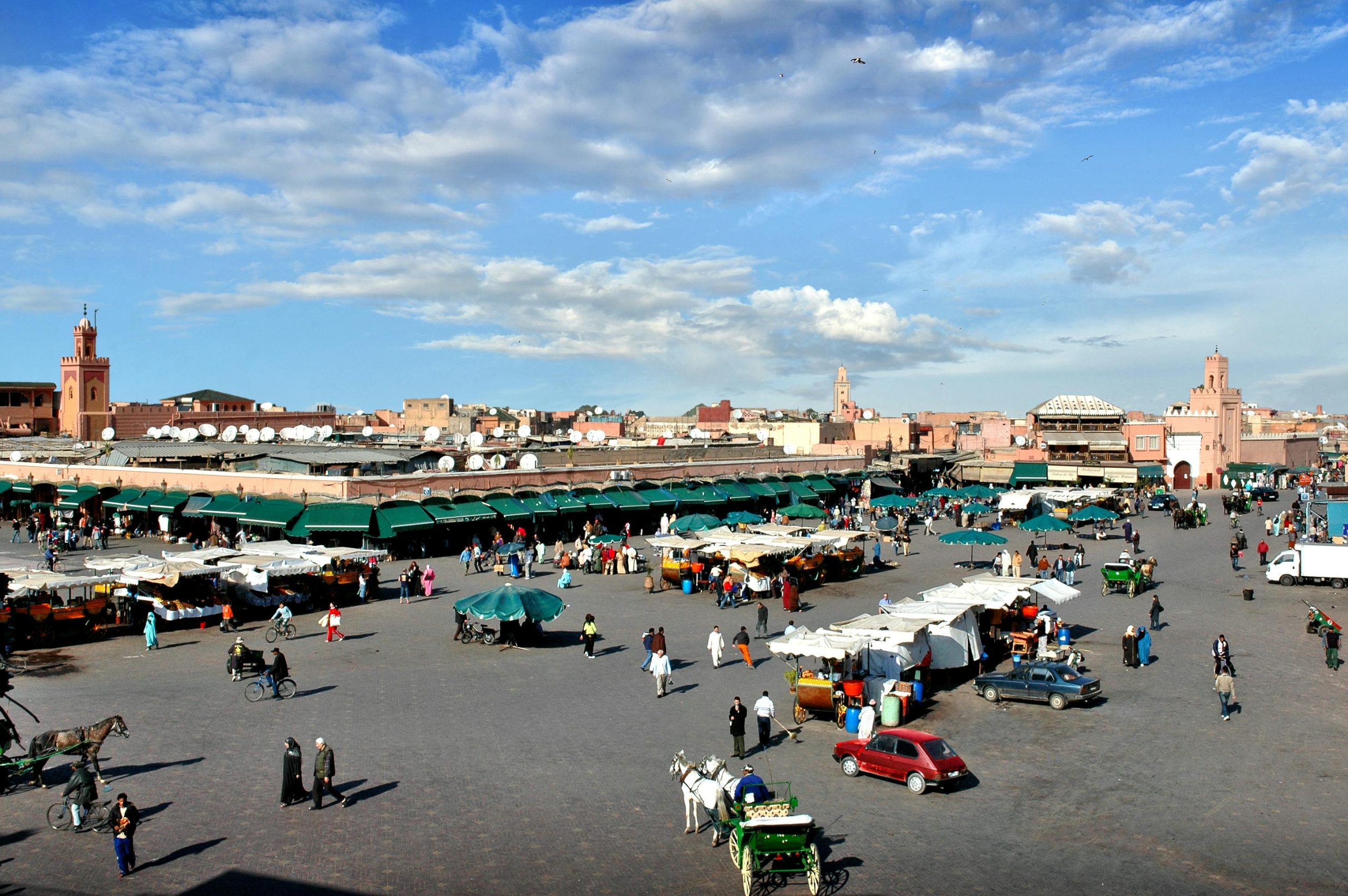
6. Learn a Few Local Phrases
While French is widely spoken in Moroccan cities, English is less common, especially in rural areas. A few Arabic phrases like “Shukran” (thank you) or “La, shukran” (no, thank you) can go a long way. In Amazigh (Berber) regions, simple greetings like “Azul” (hello) will be greatly appreciated. Downloading Google Translate can be helpful, but showing an effort to speak the local language often results in warmer interactions.
Have a Question or Need Help Planning Your Journey?
We’re here to help you uncover the best of Moroccan culture, history, and adventure. Whether you’re curious about a tour, need custom travel advice, or just want to say hello, our team is ready to assist you.
7. Master the Art of Haggling
Shopping in Morocco’s bustling souks is as much about experience as it is about finding souvenirs. Haggling is expected and even considered part of the cultural exchange. Start by offering half the initial price and negotiate respectfully. For larger purchases like carpets or jewelry, take your time and visit several shops before deciding. Ask about the craftsmanship—how long it took to make, or where the materials came from. Both sides should walk away feeling satisfied.
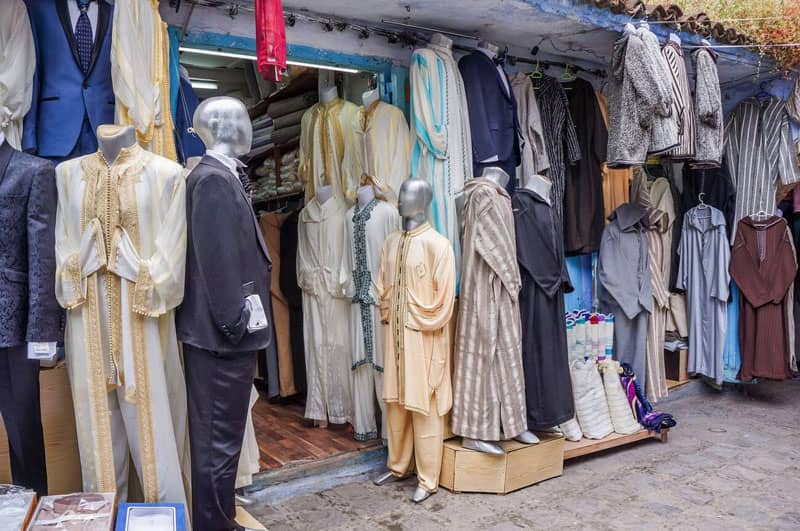
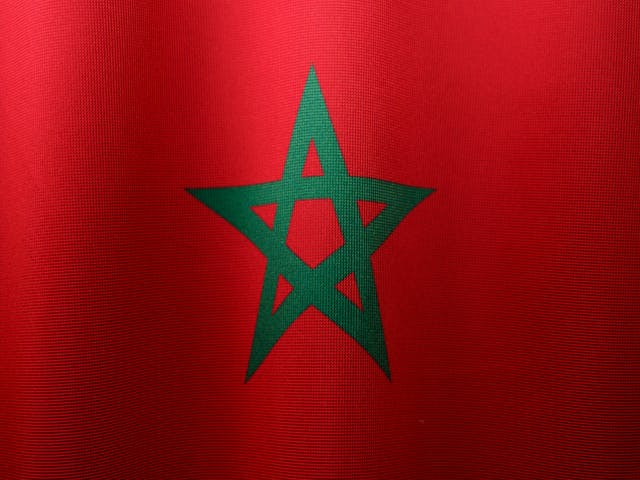
8. Respect Morocco’s Motto: “God, King, Country”
These words, painted on hillsides across the country, reflect Morocco’s deep respect for religion and the monarchy. Islam is the state religion, and it is illegal to insult the king or speak disrespectfully about religion. Non-Muslims are not permitted to enter most mosques, except for the impressive Hassan II Mosque in Casablanca, which is open for guided tours. Fridays are holy days, so some shops or attractions may close for midday prayers.
9. Know What to Expect in Marrakesh
Marrakesh, the “Red City,” is a must-see for its vibrant medina, bustling Jemaa el-Fnaa square, and architectural gems. However, the medina can be crowded, so pre-book entry tickets to attractions like Jardin Majorelle or the Yves Saint Laurent Museum to avoid long lines. For a quieter experience, explore the modern district of Gueliz, where trendy cafes, boutiques, and galleries provide a different side of Marrakesh.


10. Dress Modestly and Respectfully
Morocco is a conservative country, and dressing modestly is both respectful and practical. When visiting religious sites, men and women should cover shoulders and knees. In rural areas, modest clothing avoids unwanted attention. However, at beach resorts or coastal cities like Agadir, swimwear and summer attire are perfectly acceptable. Pack a lightweight scarf—it’s useful for covering up or shielding yourself from the sun.
11. Always Ask Before Taking Photos
Moroccans value their privacy, and taking someone’s photo without permission can be seen as rude. Always ask first; some people might expect a small tip in return. Avoid photographing military or government buildings. If you’re bringing a drone, note that you’ll need special permission, as drones are heavily restricted in Morocco.
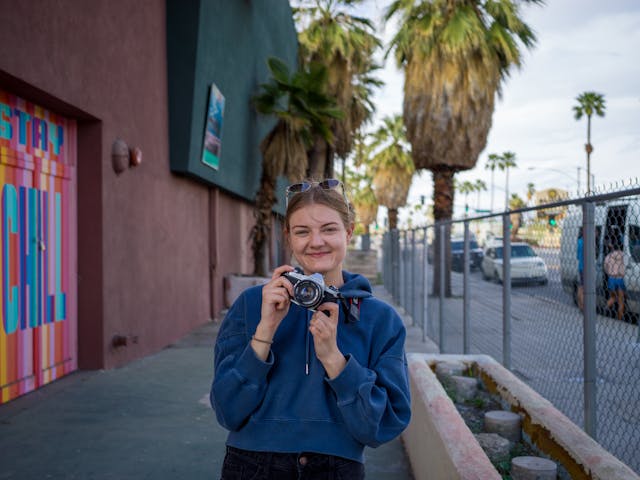
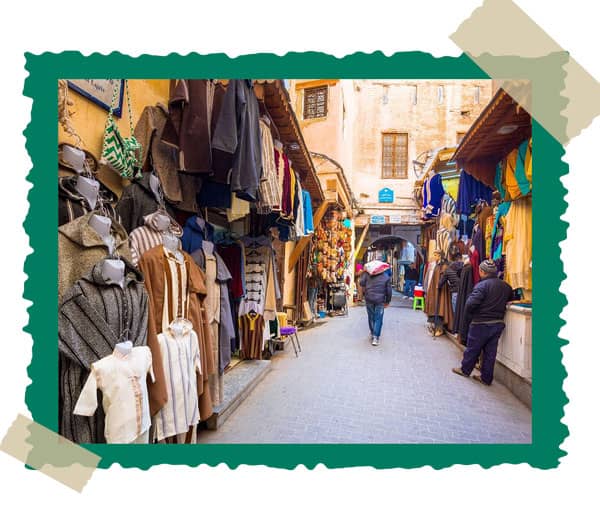
12. Learn How to Handle Street Hassles
In tourist-heavy medinas, you may encounter persistent vendors or unofficial guides. A firm but polite “no” usually works, but if necessary, ignore them entirely. Do not feel obligated to buy something simply because someone is friendly. In rare cases of harassment, shouting “Police!” will often end the situation quickly, as undercover tourist police are present in places like Marrakesh.
13. Alcohol Is Legal, but Not Everywhere
While Morocco is a Muslim-majority country, alcohol is available in licensed bars, restaurants, and supermarkets. However, it’s less common in traditional eateries. Mint tea, with its refreshing taste and cultural significance, is the drink of choice for most locals. Don’t miss out on the traditional tea ceremony—it’s a unique experience that reflects Moroccan hospitality.
14. Eat with Your Right Hand
When sharing traditional dishes like tagines, couscous, or grilled meats, it’s customary to eat with your right hand using pieces of bread. The left hand is considered unclean in Moroccan etiquette. Dining is often communal, and meals are meant to be enjoyed slowly with conversation and hospitality.
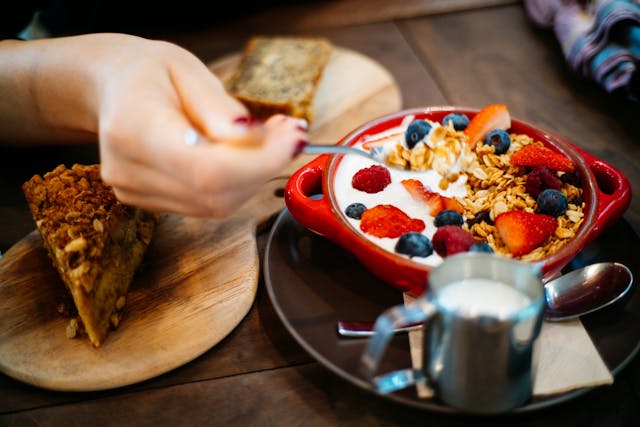

15. Embrace Getting Lost
Moroccan medinas and souks are famous for their maze-like streets, and getting lost is part of the charm. Keep an eye out for street signs—hexagons indicate dead ends, while squares mean through streets. If you feel disoriented, don’t hesitate to ask shopkeepers or families for help, as locals are generally happy to assist.
